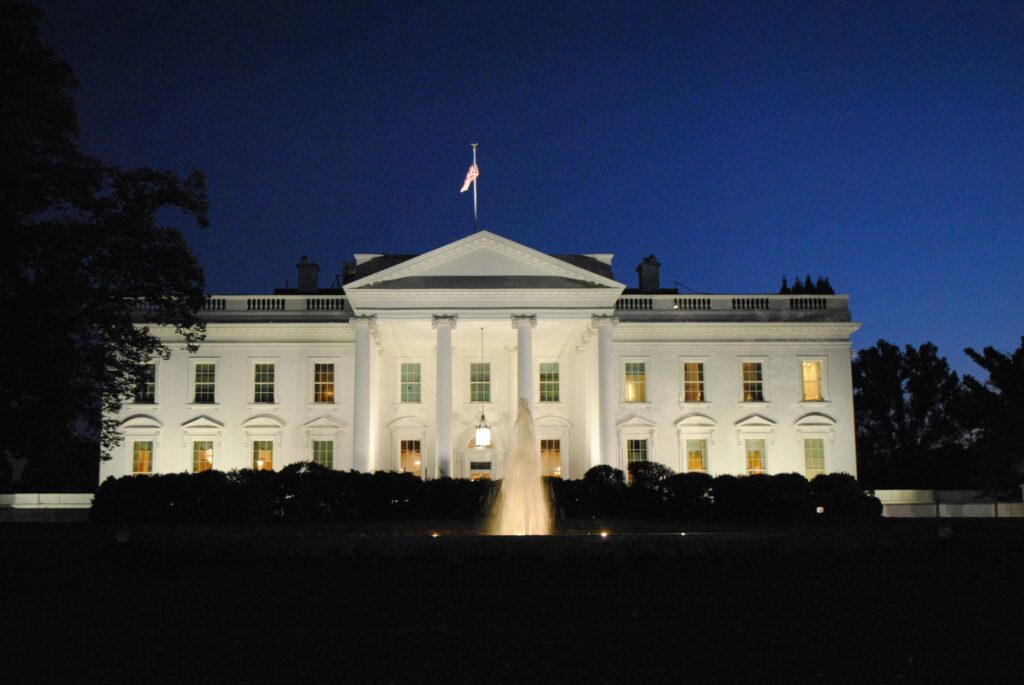Donald Trump signed numerous executive orders on his first day as US President, signaling major shifts in policies.
Withdrawal from Paris Agreement and WHO
Trump withdrew the US from the Paris climate agreement, echoing his first term’s controversial decision later reversed by Joe Biden.
He claimed the agreement misuses American taxpayer money for countries not aligned with US values, emphasizing his “America first” agenda.
Trump also exited the World Health Organisation (WHO), continuing his skepticism of global institutions he deems ineffective or misaligned.
Focus on “Peace Through Strength”
At his inaugural ball, Trump promised “peace through strength,” a principle echoing Ronald Reagan’s foreign policy doctrine.
He pledged to end wars while preventing new ones, declaring, “We measure success by the wars we avoid.”
Ukrainian President Volodymyr Zelenskyy praised Trump’s strategy, urging stronger US leadership in achieving peace with Russia.
Trump announced plans to meet Russian President Vladimir Putin, criticizing Putin’s actions in Ukraine as damaging to Russia.
He also said Ukrainian President Zelenskyy was open to negotiations for peace.
Israel and Hamas Ceasefire Doubts
Trump expressed skepticism about the new Israel-Hamas ceasefire, saying, “That’s not our war; it’s their war. But I’m not confident.”
Days earlier, Trump claimed partial credit for the deal, achieved through US, Qatar, and Egypt negotiations initiated under Biden.
However, Trump reversed Biden’s sanctions on Israeli settler groups accused of violent acts against Palestinians in the West Bank.
The decision followed lobbying by Israeli Prime Minister Benjamin Netanyahu before Trump’s inauguration.
Foreign Aid Pause and NATO Remarks
Trump paused all US foreign aid programs for 90 days, requiring a review to align them with “America first” priorities.
Secretary of State Marco Rubio must now evaluate aid spending, focusing on security, strength, and prosperity for the US.
Trump criticized Spain for low NATO spending, mistakenly asking if it was part of the BRICS alliance.
He proposed raising NATO spending requirements to 5% of GDP, a significant increase from the current 2% threshold.
Planned Tariffs on Canada
Trump delayed imposing tariffs on Canada, announcing they would take effect on February 1 instead of on his first day.
He did not act on campaign threats to impose similar tariffs on Mexico.
